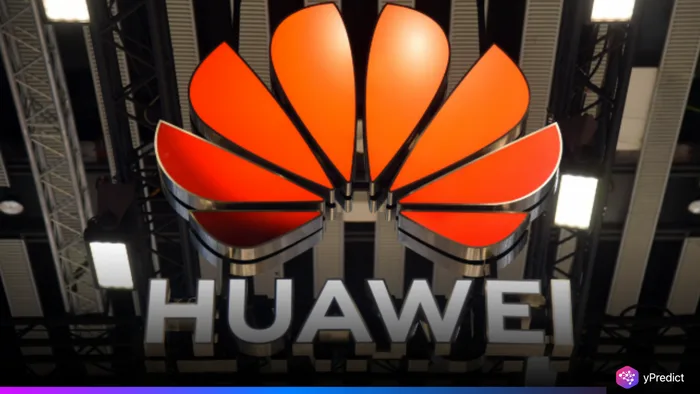
Huawei strongly denied claims that it built its Pangu AI using output from competing models. The company usually avoids public disputes but made a rare exception to defend its technology. Critics accused Huawei of training Pangu with results from other AI systems, raising concerns about originality. Huawei’s research lab responded directly, showing it wants to protect trust in its platform. In a competitive AI market, such accusations can hurt credibility fast. Huawei aims to clear doubts before they damage its reputation further.
What Sparked the AI Model Controversy
The controversy began when anonymous researchers and critics suggested Huawei’s AI engineers had mimicked or trained their models using data from global competitors. They hinted that the Huawei research lab may have used existing models as shortcuts to accelerate the development of the Pangu AI platform.
In the fiercely competitive AI sector, originality matters. Leading tech firms spend billions to train their models from scratch, ensuring uniqueness and ethical standards. Any suspicion of shortcutting through copying or synthetic output training, even if technically legal, raises ethical red flags.
A Rare and Strong Denial
Huawei’s denial came through a detailed internal report and carefully worded statements. The company stated that the Huawei Pangu AI model was trained using proprietary data, built on original architecture, and benchmarked independently. It emphasized that its team did not use outputs or datasets from OpenAI, Google, or any known commercial large language models.
This rebuttal is significant because Huawei rarely responds so directly to external criticism. By breaking that pattern, the Huawei research lab likely hopes to demonstrate transparency and calm growing skepticism in both global and Chinese AI communities.
Why Pangu AI Matters to Huawei’s Global Strategy
Pangu is central to Huawei’s AI strategy. Launched in 2021, it supports natural language understanding, code generation, and enterprise-focused automation. As U.S. sanctions have limited Huawei’s access to chips and infrastructure, the company has increasingly invested in AI and software as alternative growth paths.
Protecting the integrity of Huawei Pangu AI is therefore vital. If trust erodes, global partners and government clients may hesitate to adopt the system, especially when geopolitical tensions already complicate Huawei’s expansion outside China.
AI Model Development Ethics Are Under the Microscope
This episode is a reminder of the complex ethical debates surrounding AI model development. Many companies face questions about how their models were trained, whether using licensed data, open web content, or generated outputs from other tools.
The AI model controversy involving Huawei fits into a larger global conversation. While copying may not always breach laws, it can lead to competitive disputes, questions about originality, and risks to reputation.
Huawei’s stance implies that it wants to set a new standard by showing its systems are independently developed, and not simply derivative of competitors. It also highlights how companies now must not only innovate but also defend the integrity of their innovation.
What This Means for the AI Race
Huawei’s strong rebuttal may help ease some doubts, but scrutiny will likely continue. As AI becomes a cornerstone of technological power, every step in its development invites attention from governments, users, and industry rivals.
Transparency and independent auditing may soon become essential norms in the AI industry. Huawei’s Pangu model will need to live up to expectations through performance and trust. The days of secretive development may be ending, as trust becomes the new currency in AI innovation.






